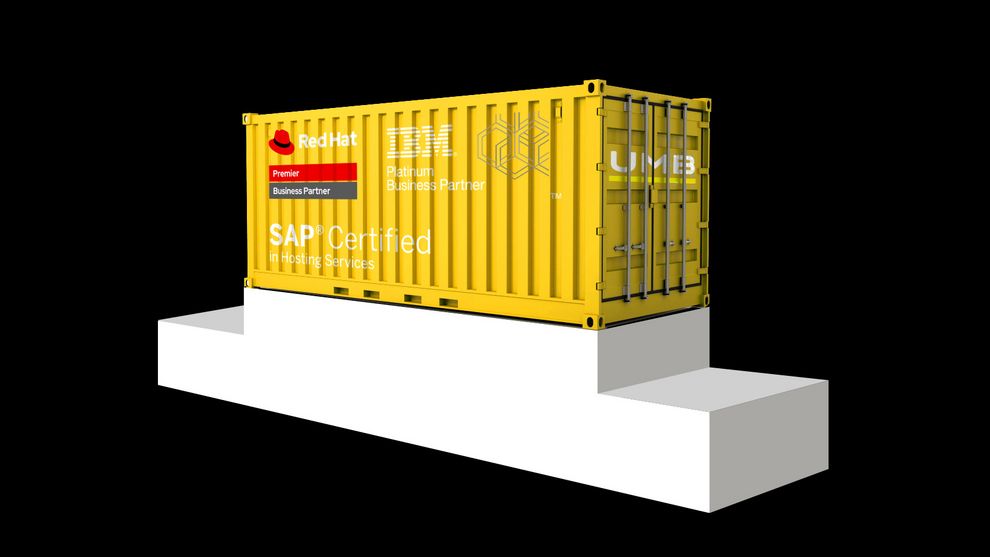Red Hat Enterprise Linux 7: Extended Support or Upgrade?
Official support for Red Hat Enterprise Linux 7 (RHEL 7) will end in June next year. Over the next four years, support will only be available through paid Extended Life Cycle Support (ELS). Therefore, an upgrade may be well worth considering.
#Red Hat
Red Hat's releases generally follow a ten-year life cycle. In the first five years, customers receive full support with patches, bug fixes, software enhancements, hardware enablement and backports. The second five years include maintenance support whereby patches and bug fixes are released as required.
If a company wants to remain on the main version after ten years, it can pay for Extended Life Cycle Support (ELS). Red Hat has now doubled this period to four years - as long as RHEL 7.9 is used[i]. This ensures that security and bug fixes are available for an extended period of time. Support also includes maintenance for Red Hat Enterprise Linux for SAP solutions and Red Hat Enterprise Linux High Availability and Resilient Storage add-ons. Red Hat has also lengthened Extended Life Cycle Support for RHEL 8 and 9 by three years. Both are currently supported in full - although full support for RHEL 8 is due to end in 2024 and maintenance support will end in 2029.
Migrating to RHEL 8 or RHEL 9
Unfortunately, there is no easy upgrade path for RHEL 7, but Red Hat provides tools to facilitate migration to RHEL 8 or 9[ii]. However, it is essential to assess each system on a case-by-case basis to determine the level of effort required and to identify any potential limitations associated with an upgrade. In some cases, a new installation (with a simultaneous application upgrade) may be the better and simpler approach.
It is also important to note that upgrading from RHEL 7 to a newer version, especially RHEL 8, can present some challenges as the system architecture and some concepts have changed between versions.
This also affects Red Hat tools, such as Satellite Server, whose migration is well explained but can still cause difficulties.
No more support for the clone
Support for the free RHEL clone CentOS 7 will also end next year [iii]. The operating system is very widespread and there is no direct successor, as Red Hat has discontinued support for the CentOS project.
There are some alternatives (such as Alma or Rocky Linux[iv]) that would like to become successors to CentOS. But here too, the future is uncertain, as Red Hat no longer wants to make its source code publicly available in the future.
Whatever you decide, we can advise and support you. UMB is a Premier Business Partner of Red Hat. We offer unique expertise in containers, cloud and SAP throughout Switzerland. Our team of Linux experts has already gained a lot of experience with "Leapp", the upgrade tool from Red Hat, and has already advised and supported several customers so that they can continue to count on necessary support in the future. Contact us for more information.
Click here for the life cycle data.
[i]Red Hat adds four years of extended support for RHEL 7 | ITPro
[ii]Red Hat Enterprise Linux 7 reaches End of Maintenance Phase | Red Hat Customer Portal
[iii]Red Hat ends the RHEL clones’ free lunch | InfoWorld
[iv]Rocky Linux vs. AlmaLinux {the Differences} (phoenixnap.com)

![[Translate to Englisch:] Ein Fluss im Wald.](/fileadmin/_processed_/4/4/csm_UMB_Liberty_Kundencase_9b871c012e.jpg)
